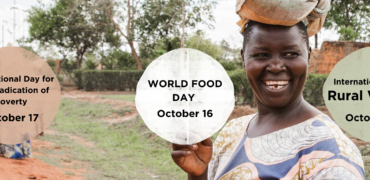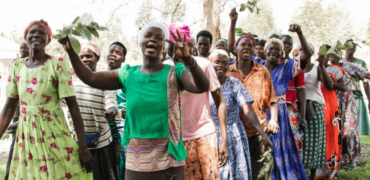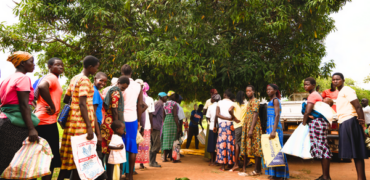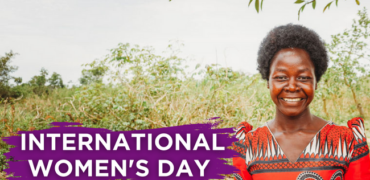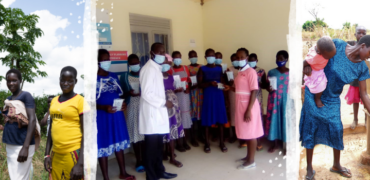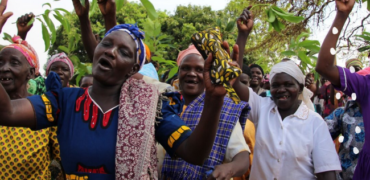Northern Uganda’s once lush fields and bountiful harvests are under siege – not by pests or diseases, but by an invisible force that threatens to uproot their way of life.
Ugandans have always thrived on the land, feeding their families and communities alike with the fruits of their soil. Uganda’s fertile agricultural land has the potential to feed 200 million people — four times its population. However, rising temperatures, irregular rainfall, and extreme weather events such as drought and flooding are turning fields into unpredictable battlegrounds. This is the harsh reality of climate change.
Agriculture is the most important sector of the economy in Uganda, particularly in the north. Most of the production is from small scale farmers including those in our Cents for Seeds program. Climate change is affecting the agricultural sector by reducing the area suitable for growing and harvesting crops, as well as causing drastic variations in the frequency, consistency and amount of rainfall needed to plant and harvest.
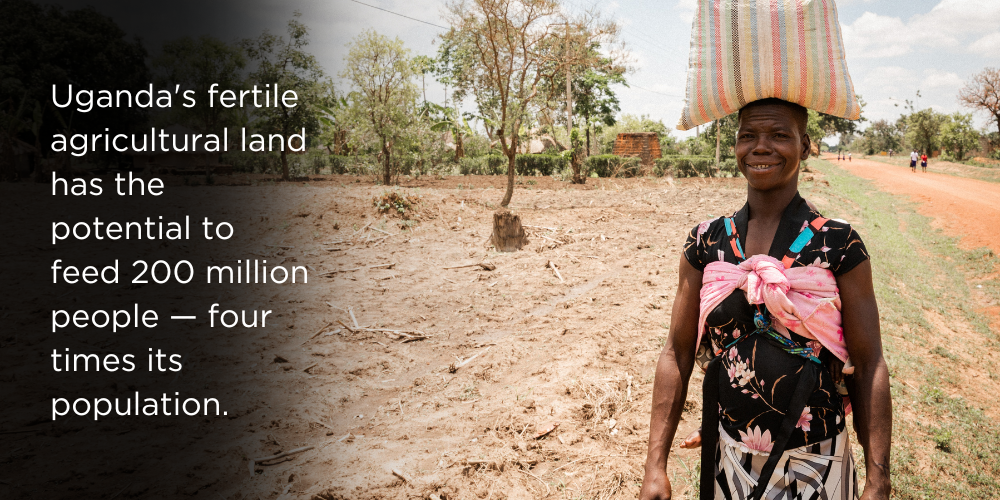
Affecting both crop and livestock production, this issue is having significant and varied impacts on agriculture in Uganda. Some of the key impacts include:
• Rising temperatures causing heat stress to crops, affecting crop growth and productivity
• Erratic rainfall leading to water scarcity
• Shifts in growing seasons affecting the timing of planting and harvesting
• Irregular rainfall patterns impacting irrigation systems for crops
• Warmer temperatures and altered humidity levels creating favourable conditions for the proliferation of pests and diseases to crops
• Loss of biodiversity affecting the ecosystem that supports agriculture, such as pollination and natural pest control
• Soil erosion, degradation, and desertification, reducing the fertility of agricultural land, and making it more challenging to sustain crop production, increasing the vulnerability of small-scale farmers with limited access to resources, information, and technology.
Developing and implementing effective adaptation strategies is crucial.
Efforts to tackle these challenges include adopting climate-resilient farming techniques, enhancing water management, cultivating drought-resistant crops, and promoting sustainable land use. International cooperation is vital for supporting nations like Uganda in building resilience against climate change’s agricultural impacts.
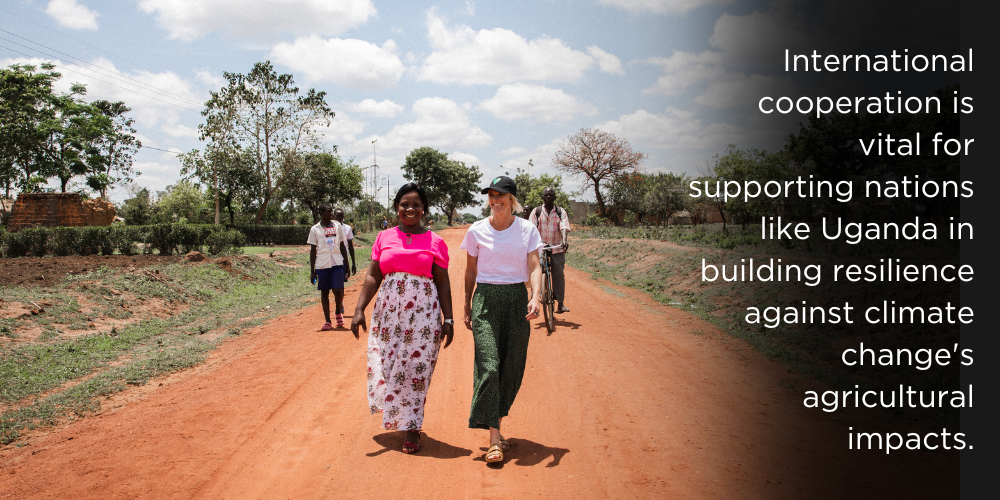
The impact of climate change on our programs
Increasingly, we are seeing the impact of climate change in our Cents for Seeds program. The program empowers women to generate income for their families and communities through harvesting crops like soya beans and sesame. Each woman receives a 30kg seed loan, along with tools, workshops, and access to a savings group. After the first harvest, they return the loaned seeds, ensuring sustainability and expanding reach to more communities.
The sustainability of Cents for Seeds is under threat due to the impact of the prolonged dry periods and unpredictable weather patterns participants are now facing every year. When participants are unable to harvest their first crop, they remain in debt and the next woman in line must wait another season to receive her loan. This disruption to the project is costing us time and resources that could be spent on expanding our reach to more communities in dire need of assistance. It is an unfortunate reality that we must adapt to if we want our impact in northern Uganda to continue to grow.
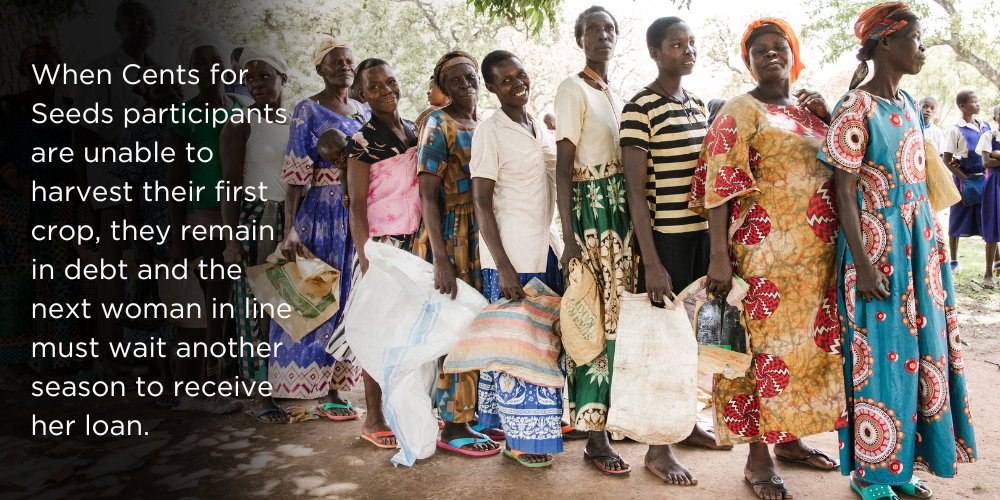
What are we doing to build resilience and adapt?
Recently, Love Mercy has started deepening our plans for climate resilience in Cents for Seeds, by looking at a three-tier approach to prevention, mitigation, and knowledge sharing. These tiers include new farming and seed types, improving access to water and looking into agroforestry to help protect crops and offset carbon emissions.
We have been focusing our efforts on introducing more climate resilient seed types that have historically performed well in the face of drought, such as green gram. Green gram, or mung bean as it is more commonly referred to, grows exceptionally fast and provides a valuable source of protein in places where meat is lacking. Our Cents for Seeds participants are excited to grow this new type of seed and are hopeful for a successful harvest this year.
We are also working on harnessing natural resources to improve access to water. For example, we have recently begun building solar-powered boreholes that produce five times as much water as an ordinary borehole well.
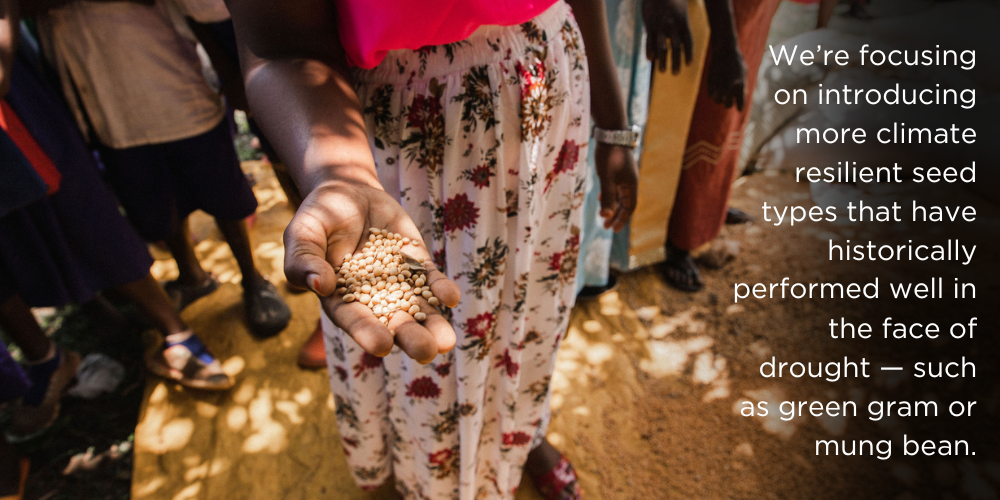
Uganda faces alarming deforestation, impacting soil fertility and farming. The projected damage to Uganda’s agricultural sector could cost 2-4% of GDP by 2050. We’re helping to combat this by planting specific trees to restore hydration, nutrients, and act as windbreaks, while offsetting carbon. With full agricultural potential, Uganda could feed four times its population. All we need to do is help them plant the seeds of hope for a new future.
With your help, we can advocate for sustainable farming practices, champion reforestation efforts for a cooler nation, support water conservation and realise the need for improvements and adaptations to our projects. Together, we can adapt, we can save the soil, and we can secure their future.

